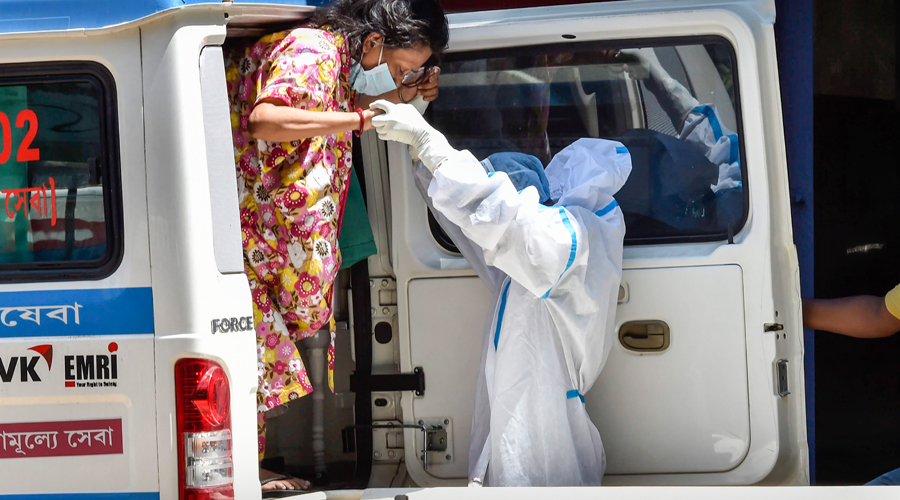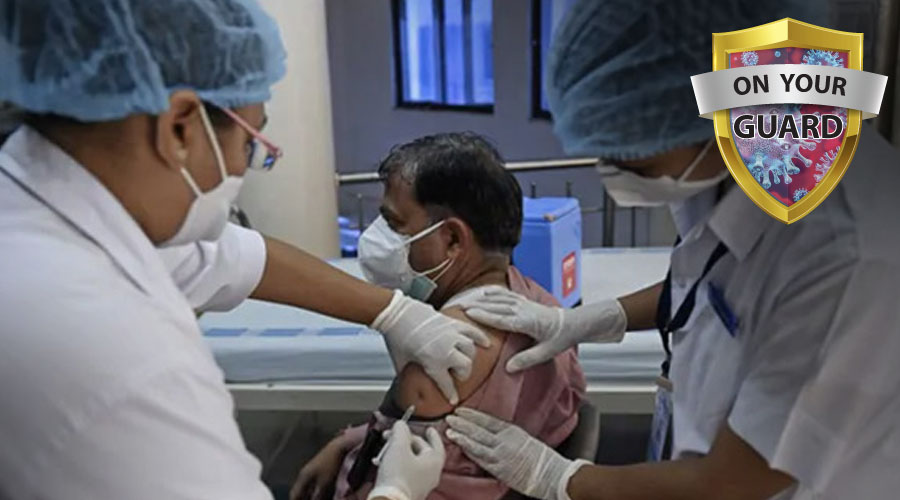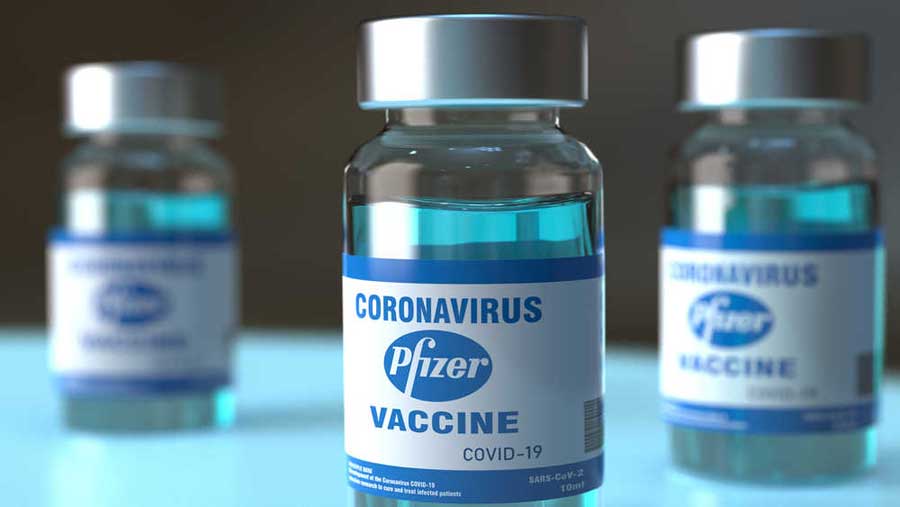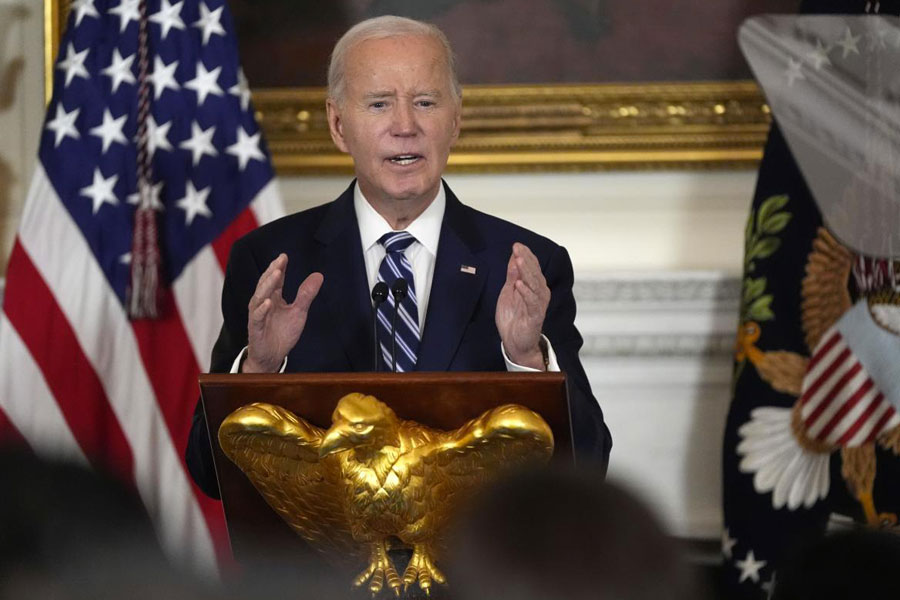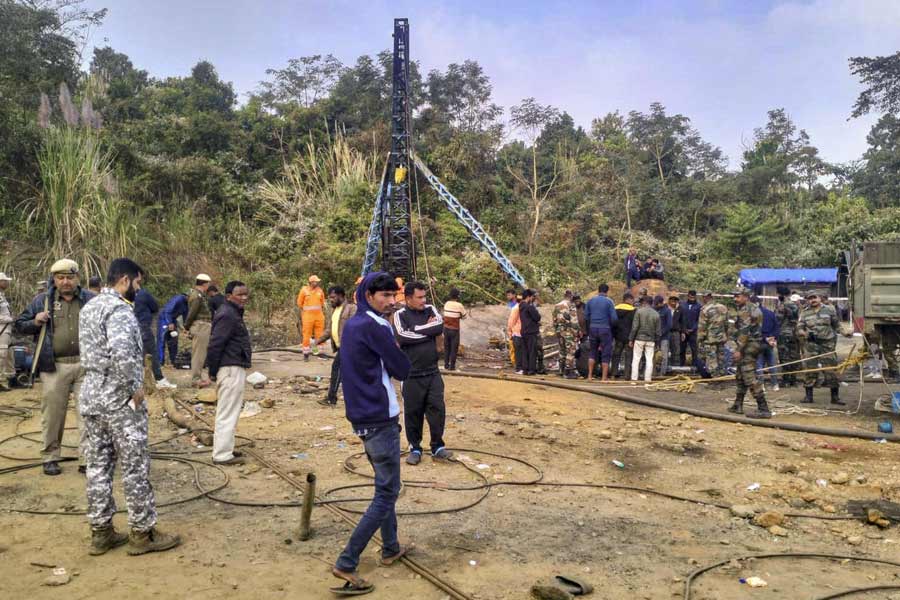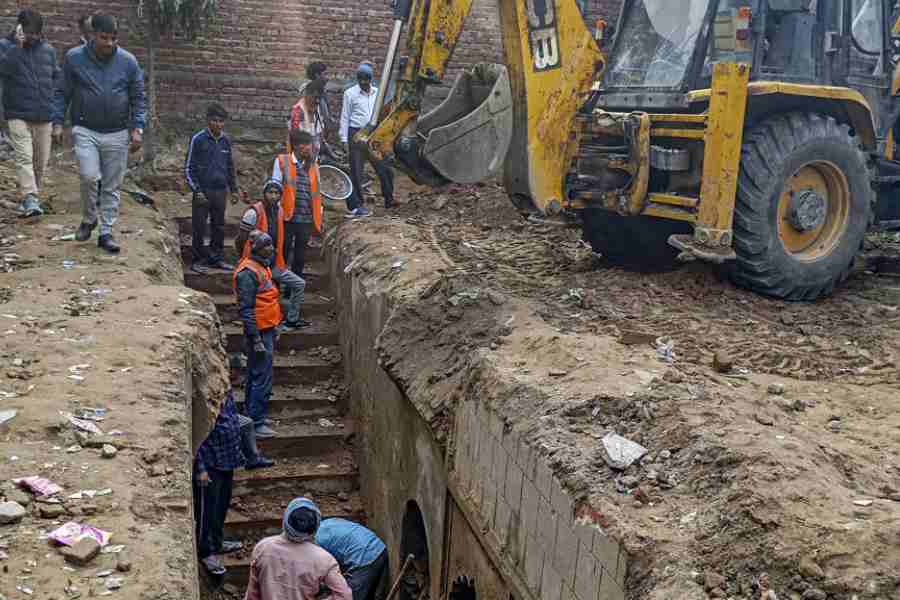An expert panel has asked the Centre to help the states conduct well-designed surveys on the prevalence of Covid-19 to understand the evolving epidemic, expressing concern that three nationwide surveys have so far not helped guide policy.
The panel, which includes scientists and other experts on testing strategies, has also said that testing kit suppliers would need to be ready to respond to recurring surges and the country would need to assess the possible demand for tests every three months.
While India has dramatically scaled up its Covid-19 testing capacity — from a single diagnostic lab in early 2020 to more than 2,500 labs now — health researchers say the second Covid-19 wave has revealed gaps in testing facilities and highlighted critical tasks that are yet to be done.
The panel, in a report outlining strategies for equitable, cost-effective and scalable testing, has proposed centralised or pooled procurement of tests that would help lower their costs, standardise their quality and increase their availability.
“Our recommendations make a case for reinforced testing and tracing measures to limit the ongoing pandemic and avert impending ones,” said Rajiv Shah, president of The Rockefeller Foundation, a US-based private foundation that produced the report calling it a “strategic road map” to strengthen testing.
The report says India needs to invest to develop its capabilities to link the datasets of genome sequences circulating in the country with clinical data on Covid-positive patients and the epidemiological patterns of the infection to guide public health responses to Covid-19.
The panel members have expressed concern that the nationwide infection prevalence surveys conducted by the Indian Council of Medical Research until now have not followed a design or a periodicity that would help the states gain epidemiological insights into how the infection is spreading. These surveys did not provide district-specific or state-specific pictures of infection prevalence.
When they did come up with valuable information, the policy makers did not make best use of them.
The ICMR surveys had shown that the nationwide prevalence had increased from 0.7 per cent in April-May 2020 to 6.6 per cent in August-September 2020, and to 21 per cent by January 2021. But these findings did not efficiently guide policy, the panel members said.
Health experts not associated with the report had earlier expressed similar concerns, underlining that a 21 per cent prevalence implied that 79 per cent of India’s population was still susceptible.
“We failed to translate this critical information into policies or actions that might have helped mitigate the impacts of the second wave,” said a senior medical expert who requested not to be named.
“The report calls for smart and periodic testing and periodic infection surveys,” L.S. Shashidhara, a senior biologist at the Indian Institute of Science Education and Research, Pune, who is currently at Ashoka University and is one of the co-authors of the report, told The Telegraph.
“We need periodic surveys that sample populations from different parts of the country to monitor both infection prevalence rates and the variants. It is only when we do this again and again that we might catch a surge before it actually occurs.”
The report said the Centre should help the states plan such infection surveys that can provide insights into transmission patterns in real time and guide policy-making at regional and national levels to mitigate the impacts of future surges.
It said a threefold reduction in the cost of Covid-19 testing could be achieved if the states procured testing kits and consumables through a consortium facilitated by the Centre rather than independently.
The experts have cautioned that imposing cost caps in the states without accounting for the diverse cost components will make it unviable for the private sector to sustain testing, shifting the burden to the public sector.
In the early weeks of 2021, as India’s number of daily new infections was declining, many private labs had either stopped offering Covid-19 testing or de-prioritised it by using only marginal capacity before the second wave.

